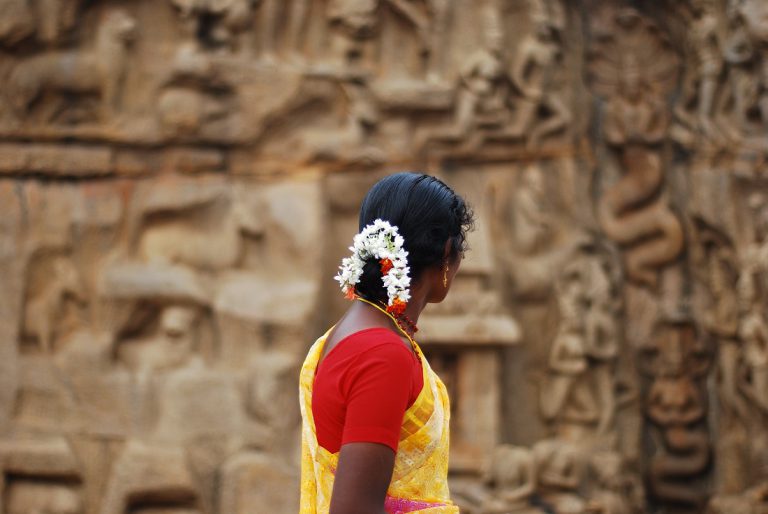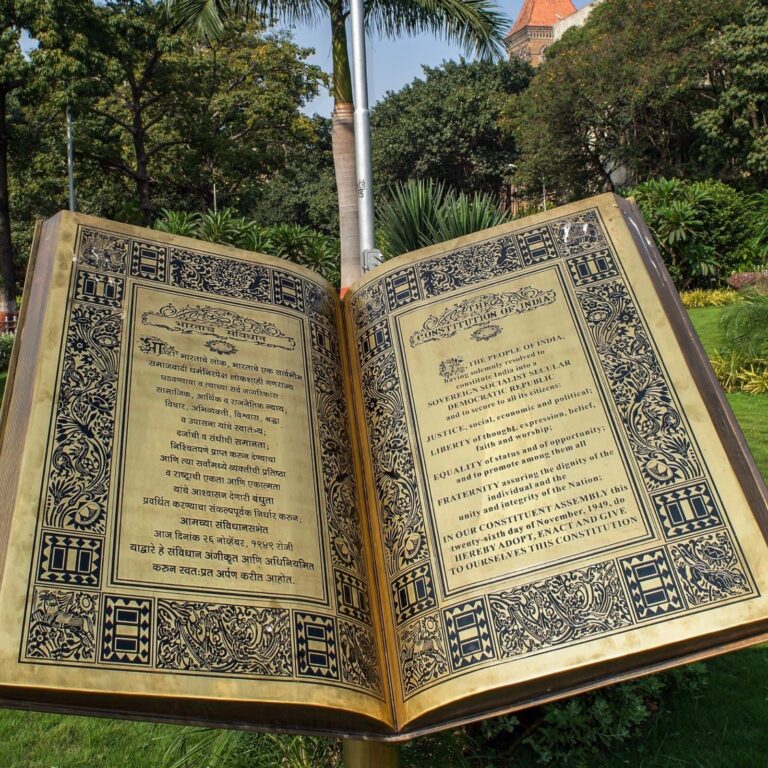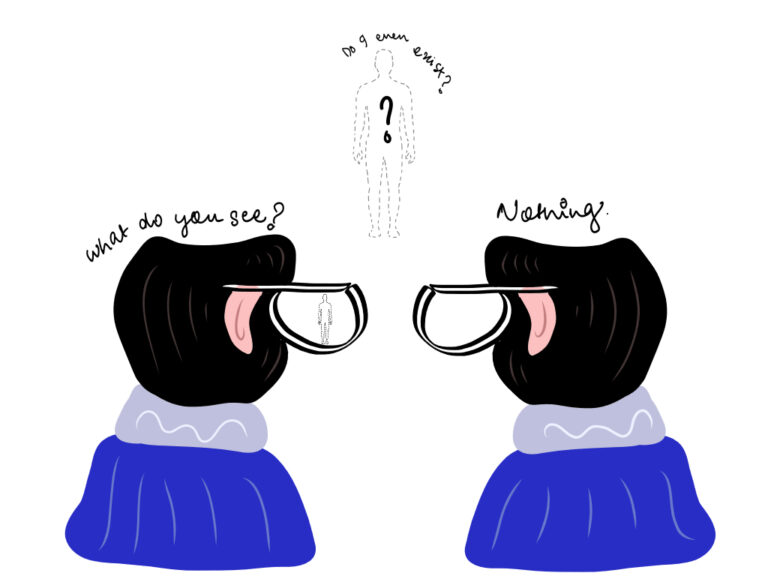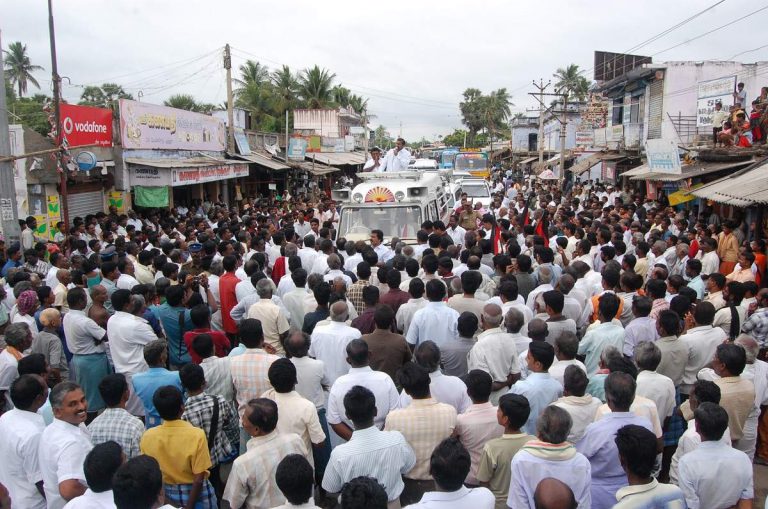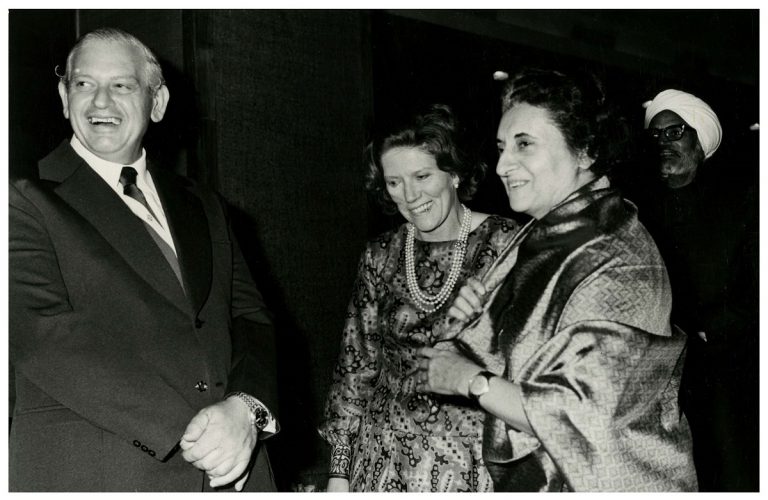The national language conundrum

Debayan Ghatak is a student of Political Science. He is an avid reader who loves to keep himself updated regarding various global happenings besides taking a keen interest in Indian politics along with International Relations.
A recent debate centering the accordance of the status as the national language to Hindi has been sparked off as a result of the promulgation of the New Education Policy with the provision to make Hindi mandatory for class 6 and above. A catalyst has also been the Union Home Minister Amit Shah’s declaration on the Hindi Diwas that Hindi must be accorded the status of Rashtrabhasa. In view of the recent protests riveting around this decision, the Modi government has been forced to beat a retreat.
To frame this issue in a proper perspective, we first need to understand what was the history regarding the question of a national language in the historic Constituent Assembly itself and then try to undertake the onerous task of engaging in a broad-based debate upon this issue. But before that few facts should be laid out here. The 2011 Census report points out that Hindi is the language of less than 44 percent Indians and the mother tongue of less than 25 per cent people of India.
A glance into the Constituent Assembly Debates
The proposal of imposing Hindi as the national language resides on a mixed plane with the initial desires of our Constitution framers and is certainly at odds with the underlying philosophy of the Constitution itself. In the very Constituent Assembly that gave birth to this sacrosanct document, we can see that there were high lines of tension between the various members over this single contentious issue as one of the members R. V. Dhulekar was recorded to note that those who do not know Hindustani had no right to stay in India.
We can also note with quite a bit of surprise that the sub-committee on Fundamental Rights of the Constituent Assembly was in favour of including Hindi written either in the Devanagari or Persian script as it may suit the general public as the first official and national language along with English as the second official language. In this context, we can also mention the much heated Hindi-Urdu debate and the proposition to change the name of the United Provinces into Aryavarta representing strands of Hindutva ideology in the Constituent Assembly itself. Thanks to the fact that unlike nowadays most of the deliberations in the Constituent Assembly were a result of intensive debates and discussions not succumbing to the will of the majority that such a divisive principal failed to see the light of the day.
Ultimately Article 343 of the Indian Constitution diluted all these expectations giving Hindi (written in Devanagari script) and English the status of twin official languages at the Union level. But the latter was to enjoy this status only for 15 years since the commencement of the Constitution to remove the stigma of colonial indignation.
The Constitutional Mandate
We might also note certain articles in the Constitution itself which substantiates the above claim. For instance, Articles 29 and 30 of the Indian Constitution state respectively that every community has the full right to preserve its own language, script and culture and can also establish and manage their own minority educational institutions having the medium of instruction as their own vernacular language while receiving governmental aids in the process.
The Preamble to the Constitution of India states that all the citizens of India would have the liberty to free thought, expression, belief, faith and worship. Article 19 (1) (a) explicitly mentions that the Indian citizens would have the freedom to free speech and expression subject to certain reasonable restrictions. All these provisions of free speech, expression and mode of instruction are there in the Constitution without prescribing for any preferred medium of communication.
Understanding the faultlines
But the wrong conception of the Constitution framers resting on the 15 year formula soon came to surface. Regional conflicts based on language having as divisive intentions as the Partition itself were widely discernible in the initial years of the working of the Constitution particularly during the 1950s and 60s with the tragic fast unto death of Pattabhi Sitaramalu while demanding a separate state of Andhra Pradesh from the erstwhile Madras state. This was followed by similar restive conditions in various other Indian states.
Thus the founding fathers wrongly conjectured that such a stipulated period of time was enough to make Hindi the lingua franca of the nation and quite dismally ended up promulgating the Official Languages Act 1963 which removed this misconceived deadline altogether.
At the end, we can say that with a sense of pre-conceived notion many people complain quite blatantly that the Indian Constitution is philosophically ambiguous. So, we can see that it is this very anti-dogmatic nature of the Indian Constitution that restricts it from adopting such a particularly debatable issue pertaining to the holistic conception of a national language.
Arguments in favour of Hindi having Hindi as a national language
Those who support this move in the renewed debate that has evolved around this contentious issue put forward the following arguments
Firstly, many are of the view that Hindi is the most understandable of all the regional languages of India as many of the words in Hindi are taken from the various regional languages of the subcontinent itself as well as from others in Asia and Europe.
Secondly, some in this respect put forward erstwhile Prime Minister Jawaharlal Nehru’s plan that we should first be able to speak in our regional language, then in our national language and then in an international language.
Thirdly, many claim that all the Indian citizens should have the ability to read and write in Hindi as only a widely popular national language has the ability to bind the countrymen together.
Fourthly, some are of the view that as Hindi is already well absorbed in more than 20 states of India accepting it as the national language is certainly not going to corrupt their mother tongue.
Fifthly, many in this respect claim that the issue of the imposition of Hindi is an egoistical issue rather than a language issue and say that many people outside India are ready to recognize Hindi as the symbol of united India but it is a shame that we are still debating on this topic.
Sixthly, some propose that as three-fourths of India’s population still resides in villages Hindi is the most efficient language to reach out to and fully develop these rural communities. Many are of the view that those who speak in English mostly think of themselves as ‘upper castes’ and treat other regional language speaking people as inferior beings.
Seventhly, many supporters of this move suggest that we need not have to use English which is an ‘alien language’ to link north and south India as they are geographically too distant to connect. So leaving such fruitless attempts we need Hindi as our national language to promote our unified cultural identity.
The counter-arguments against the proposal of Hindi as a National Language
Those who oppose this move put forward the following arguments
Firstly, many claim that as Hindi is spoken mainly by north Indians, a proposal to treat the former as a national language will be convenient for those people only. This will create major hindrances in the field of getting education, jobs etc. on the part of the non-Hindi speaking communities and would only help to cement the so-called division between the Aryans and the Dravidians.
Secondly, some propose that no single Indian language is capable of becoming the national language because of a lack of consensus and belief that English should be accorded the status of permanent national and official language in the Eighth Schedule of the Indian Constitution.
Thirdly, many in this respect warn that Hindi may promote further divisions within the Indian polity and mention in this context the forceful imposition of Urdu on the Bengali speaking people of East Pakistan that culminated in the birth of Bangladesh.
Fourthly, some claimed that since India is a federation of states under a single central government there is no justification of imposing Hindi as the national language for it being the most spoken language. Rather a link language that is English will definitely suit our needs.
Fifthly, many are of the view that since India is a multicultural country there should be no one national language but only one official language upholding the concept of ‘unity in diversity’ and elicit the examples of the USA which survives without an official language and Canada which survives with two.
Need for an open-minded approach
In the end, it can firmly be stated that at a time when the country should make a strong move towards fulfilling the developmental aspirations of our emergent economy, the traditional right-wing politicians are indulging themselves in gratuitous and incendiary talks about the culture and heritage of India. In this respect, we must keep in mind that like everything else culture is also progressive in nature as we see that in the present age most of the north Indians do not speak in Sanskrit nor do the south Indians use the old Dravidian script. Resisting this cultural change will only result in division.
Lastly, we can note with quite a sense of irony that we Indians do possess a very blurred conception of our culture. The 200 years of British imperialist rule cannot simply be removed from our history. We have developed in the meanwhile our own brand of Indian English in the writings of famous authors like R. K. Narayan and others. The idea of becoming a global citizen by embracing English does not in any way make us less patriotic which is inherent in our emotion and identity.
References
1. Gomes, Elton. (2017, July 1). The national language debate: Is Hindi really the king? Qrius. Retrieved 14th September 2020, from https://qrius.com/national-language-debate-hindi-really-king/
2. Pandit, Sanjana. (2014, June 2). Why the Hindi vs English debate does not concern India’s next generation. Dnaindia. Retrieved 16th September, 2020, from https://www.dnaindia.com/india/report-why-the-hindi-vs-english-debate-does-no t-concern-india-s-next-generation-1996887
3. Katju, Markandey. (2019, June 19). Debate: Hindi Is Already the National Language of India. thewire. Retrieved 16th September, 2020, from https://thewire.in/culture/debate-hindi-is-already-the-national-language-of-india
Featured Image Credits: Wikimedia



